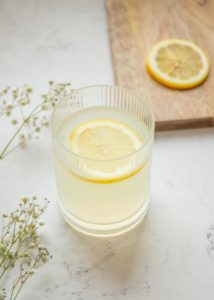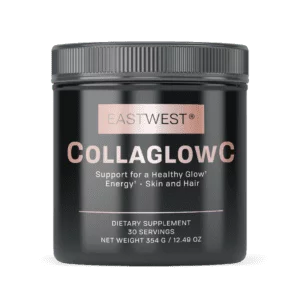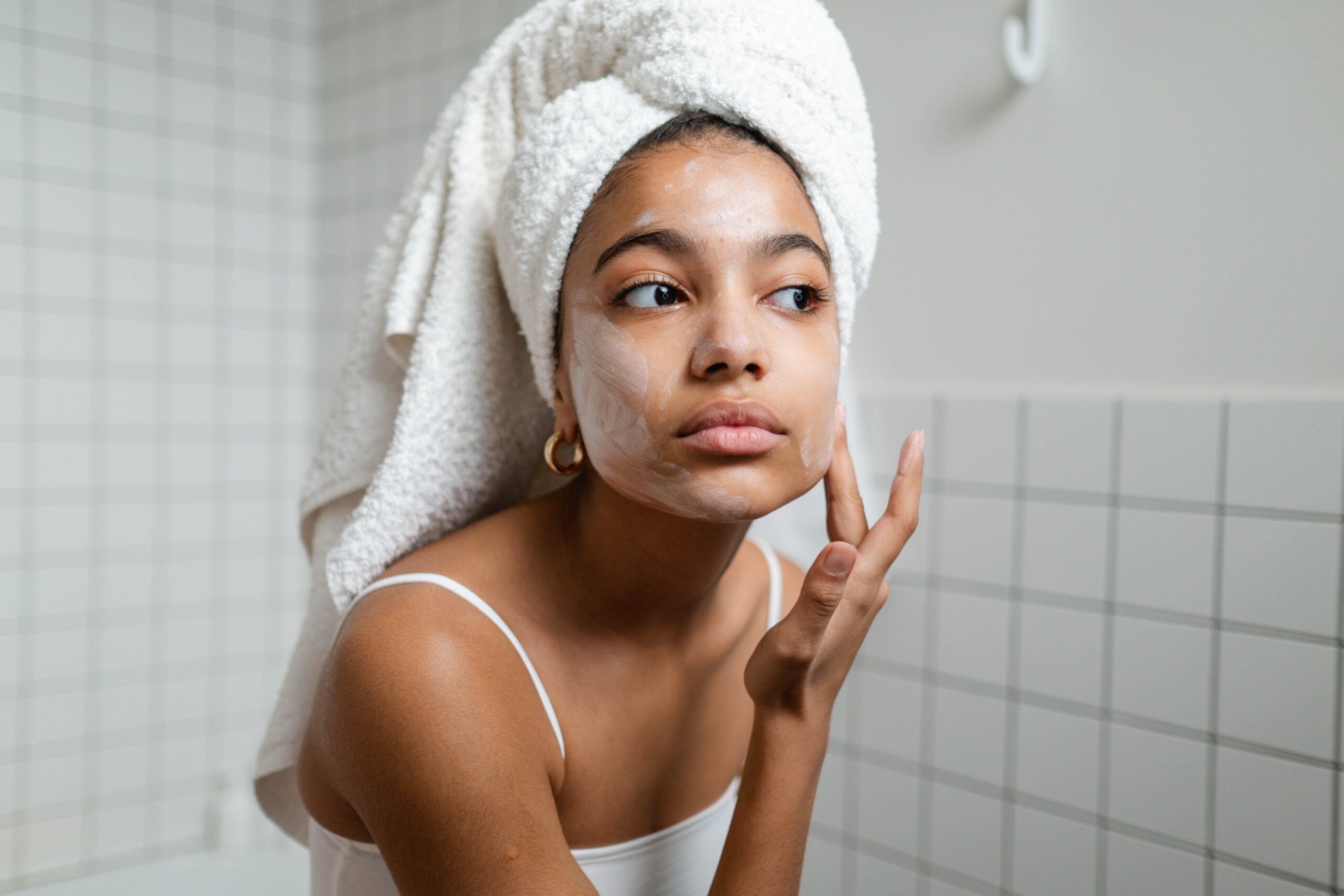Years after it first burst onto the beauty scene, there’s still a buzz about collagen (and with good reason). This beauty powerhouse offers a host of benefits from silky, strong and shiny hair to a more youthful-looking complexion.
But despite its benefits and cult status, there’s still plenty of confusion surrounding collagen as a supplement.
What is collagen?
Collagen is an essential protein produced by the body which plays a vital role in the optimal function and structure of various parts of the body including cartilage, bones, skin and connective tissues.
 As the most abundant protein in the body, collagen is composed of a group of amino acids and 28 different types have been identified, all with different functions within the body.
As the most abundant protein in the body, collagen is composed of a group of amino acids and 28 different types have been identified, all with different functions within the body.
How does collagen support beauty and wellbeing?
Collagen is one of the primary building blocks for most elements within the body including organs, bones, tendons and blood vessels – and it’s vital for healing and regeneration. In the skin, it supports elasticity, skin resilience, plumpness and hydration, helping to maintain a youthful appearance. Collagen also supports with cell renewal and repair.
For women especially, maintaining healthy levels of collagen can be a concern as the amount of collagen we produce naturally decreases with age and existing collagen breaks down more quickly.
Collagen is versatile and has some important non-beauty related benefits to note, too. For those with leaky gut syndrome and IBS, collagen supplements can help to heal the gut lining and improve digestion, whilst those looking to build muscle or support joint health can also experience positive results from collagen supplementation.
What should I look for in a collagen supplement?
As is the case when considering supplements there are a few things to consider.
Firstly, before introducing any new supplement to your routine, first ask your doctor, especially if you are already taking other medications. To get the most out of your collagen supplement, look for high quality, pure and organic products where possible.
There are also different types of collagen available – bovine (from beef) marine collagen (from fish and shellfish) and ‘vegan collagen’, which isn’t strictly collagen (more on this below). Be sure to check the ingredients and source of any products you’re considering in line with any lifestyle or medical concerns such as allergies or dietary requirements.
 Next, it’s important to note that no supplement should be used as a substitute for a healthy, balanced diet. There are some excellent dietary sources of collagen such as meat, fish, eggs, nuts and seeds and dairy. It should be possible to get sufficient nutrition from a healthy balanced diet to support the body’s own collagen production systems – but for those with conditions such as autoimmune disease or women and men over the age of 50, supplementing can make a real difference.
Next, it’s important to note that no supplement should be used as a substitute for a healthy, balanced diet. There are some excellent dietary sources of collagen such as meat, fish, eggs, nuts and seeds and dairy. It should be possible to get sufficient nutrition from a healthy balanced diet to support the body’s own collagen production systems – but for those with conditions such as autoimmune disease or women and men over the age of 50, supplementing can make a real difference.
Is there such a thing as plant-based collagen?
There are lots of products on the market sold as ‘vegan collagen’ or ‘plant-based’ supplements – but these products don’t actually contain any collagen. That’s because collagen sources are exclusively animal-based and come from the connective tissues and bones typically from bovine or marine sources.
Plant-based collagen blends tend to include ingredients which help to stimulate the body’s natural production of collagen, such as vitamin C, zinc and copper. If you’re vegan, plant-based collagen supplements can be beneficial, but it’s important to be aware that they don’t contain collagen in its true form.
Inside-out support with Collaglow-C
Our unique and potent collagen supplement combines the wisdom of ancient medicine with modern scientific insights. Combining premium grade, easily absorbed hydrolyzed collagen with Amla (renowned in Ayurveda for its skin and hair support) and Goji berry, which is a powerful antioxidant. Our innovative blend also features pure hyaluronic acid and vitamin C to support a healthy glow from the inside out.
Shop now






